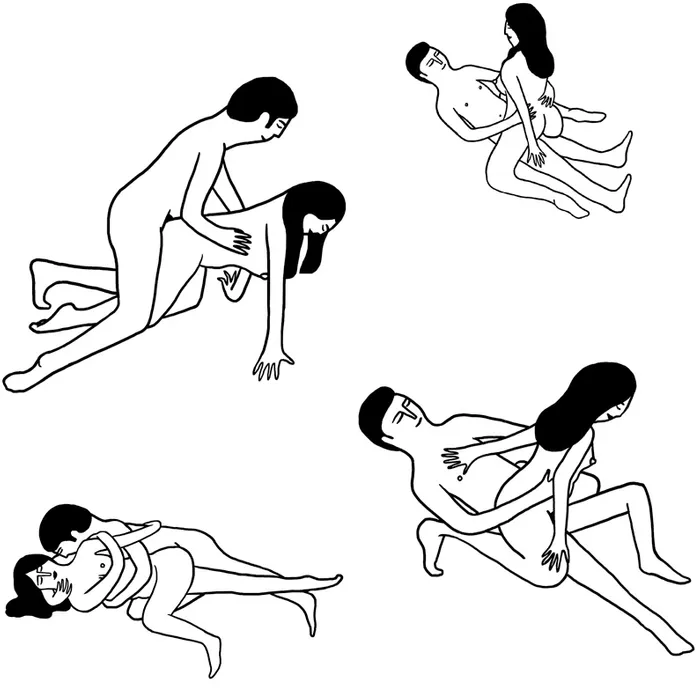Masturbation – it’s a word that can stir up a mixture of giggles, blushing cheeks, and even a sense of taboo. Yet, it’s a universal activity that most people engage in at some point in lives. So, why do both men and women masturbate? The answers are as diverse as they are fascinating.
The Natural Urge for Pleasure
At the heart of masturbation lies a basic human drive: the pursuit of pleasure. Both men and women possess a complex system of nerve endings and erogenous zones that, when stimulated, produce pleasurable sensations. Masturbation can trigger these sensations in a very controlled and personalized manner. For many, it’s a deeply rewarding experience that offers a unique kind of satisfaction.
Stress Relief and Relaxation
Life can be incredibly stressful, and everyone needs a way to unwind. Masturbation serves as a natural stress reliever. The release of endorphins and oxytocin during sexual climax acts as a potent antidote to stress, promoting feelings of relaxation and well-being. It’s like nature’s very own de-stressor, available anytime without the need for pharmaceutical aids.
Exploring Sexuality and Self-Knowledge
Masturbation provides a safe space for individuals to explore their own sexuality. Both men and women can learn what turns them on, what feels good, and what doesn’t. This self-awareness is crucial not just for solo pleasure but also for enhancing experiences with a partner. Being in tune with one’s own body can lead to better sexual communication and satisfaction in relationships.
Physical Health Benefits
Believe it or not, masturbation comes with a host of physical health benefits. For men, regular ejaculation can contribute to prostate health and possibly reduce the risk of prostate cancer. For women, masturbation can help alleviate menstrual cramps and improve pelvic floor strength, which is beneficial for overall reproductive health.
Emotional and Mental Well-being
Masturbation can be a form of emotional healing. It’s not merely about the physical act but also the mental and emotional comfort it can provide. For some, it acts as a form of self-soothing, helping to combat loneliness, anxiety, and even depression. However, like any activity, balance is key. It’s crucial to ensure that it doesn’t become a compulsive behavior that might interfere with daily life.
Breaking the Social Stigma
One of the fascinating aspects of masturbation is its universality across cultures and societies, yet it remains shrouded in secrecy and stigma. Shedding light on the reasons why we masturbate helps to normalize this natural behavior, breaking down barriers and encouraging open, healthy discussions about sexuality.
Differences Between Men and Women
While both genders engage in masturbation, there are some differences in frequency and approach due to biological and cultural factors. Studies suggest that men tend to masturbate more frequently than women, possibly due to higher levels of testosterone and societal conditioning. Women, on the other hand, may face more societal stigma, which can influence their willingness to discuss or engage in the act. Understanding these differences helps us appreciate the broad spectrum of human sexuality.
Embracing the Truth
Masturbation is a natural, healthy part of human sexuality for both men and women. It offers numerous physical and emotional benefits, from stress relief and relaxation to sexual exploration and self-awareness. By breaking down the societal stigma surrounding this topic, we foster a culture of acceptance and open dialogue, ultimately contributing to better sexual health and well-being for everyone.
So, whether you’re a woman or a man, remember that masturbation is just another way your body expresses joy, curiosity, and connection with itself. Embrace it as a healthy part of your life, and don’t shy away from understanding its benefits and what it means for you.
—




